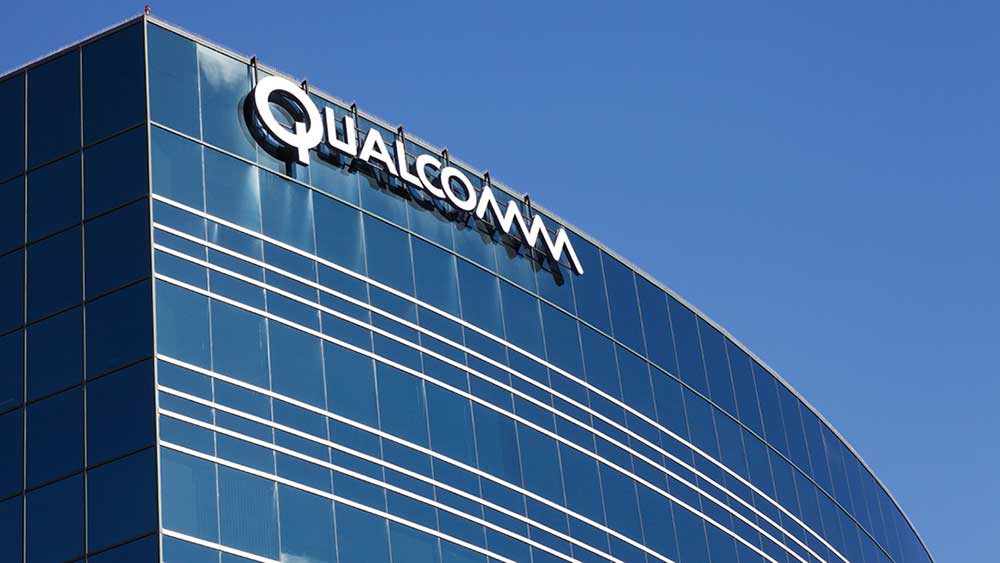Korean antimonopoly committee fined $ 853 million for Qualcomm

The South Korean Anti-Monopoly Committee has fined the manufacturer of processors and chipsets Qualcomm 1.03 trillion won, which is 853 million US dollars, according to Reuters . A Korean regulator accuses the company of violating antitrust laws and abusing its position for conducting unfair trade.
Qualcomm is also accused of violating antitrust laws when licensing the use of its products by manufacturers of smartphones, as well as forcing its customers to sign patent license contracts when selling chips. At the same time, patents for these Qualcomm chips do not directly belong.
The decision of the Korean anti-monopoly committee can seriously hit Qualcomm business. The company received a substantial share of profits ($ 6.5 billion) for this year for licensing the chips it produces and sells. The verdict of the regulator may lead to a precedent in the markets of the USA and Europe, where Qualcomm is not the last position.
')
Qualcomm representatives have already commented on the decision of the regulator as “unprecedented” and “intolerable” and are ready to challenge it. While the decision of the anti-monopoly committee has not entered into final force, Qualcomm has time for legal preparation and filing an appeal to higher authorities.
“The decision of the South Korean Antimonopoly Committee is beneficial not only to local manufacturers of smartphones, but also to other global players in the chipset market, so today's decision of the commission can be called much stronger and wider than the one adopted last year in China,” said Jung Dong- Youn, patent lawyer of the Antimonopoly Committee. The Chinese have fined the manufacturer for $ 975 million.
In addition to the fine, Qualcomm requires the introduction of equal conditions for all customers, as well as granting access to patents on key chipsets. At the same time, standard patents should be licensed separately, and not tied to the volume of products sold.
Earlier, Qualcomm already had problems with the South Korean Anti-Monopoly Committee. So, in 2009, the regulator forced the manufacturer of chipsets and processors to pay 260 billion won ($ 207 million at the 2009 exchange rate) due to the use of discriminatory fees.
Source: https://habr.com/ru/post/400303/
All Articles